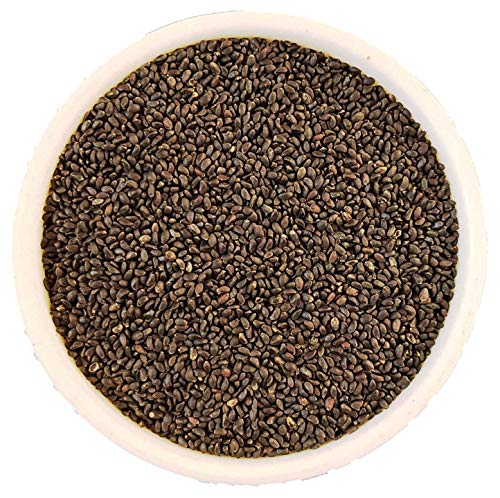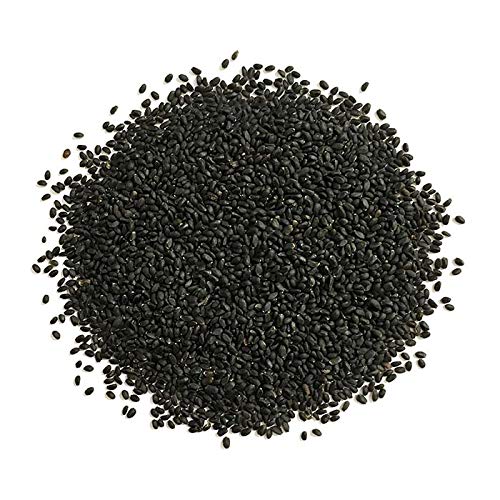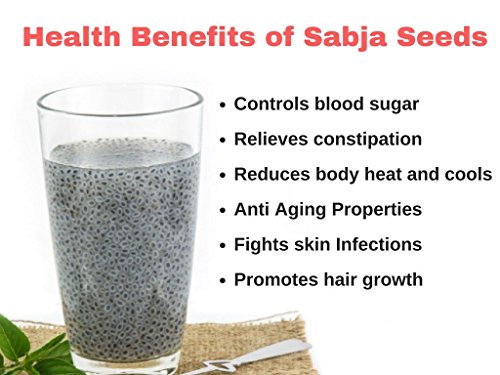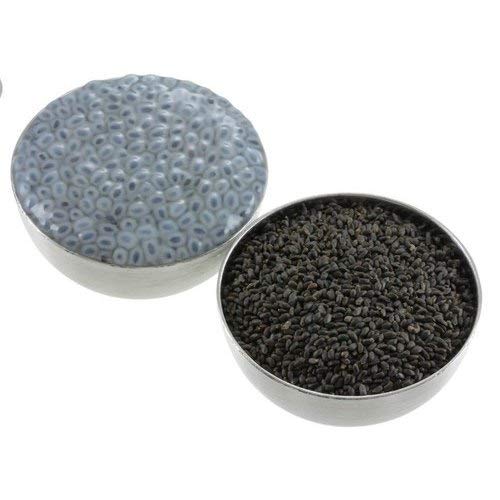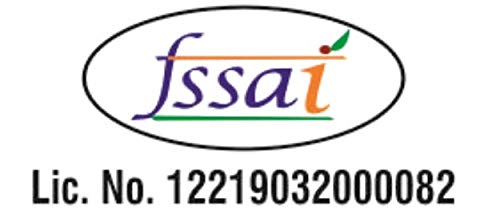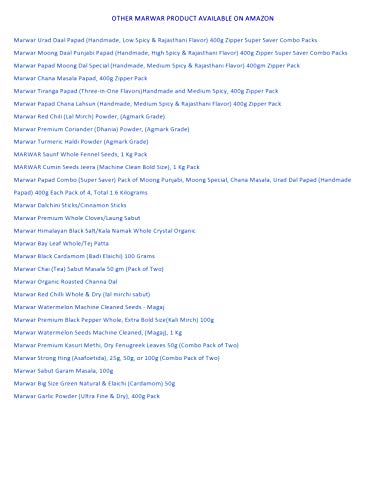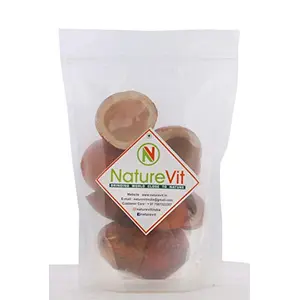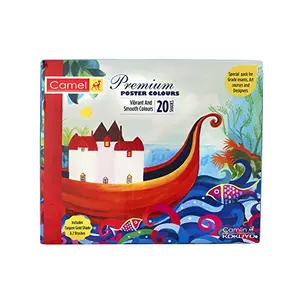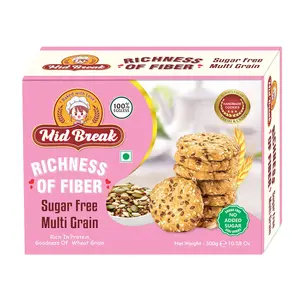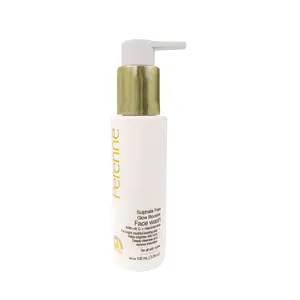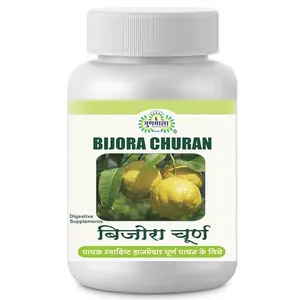Shipping Price - Flat 14 AED Charges or Get Free Shipping on order above 200 AED with minimum 3 Qty.
Basil seeds known as “Tulsi Naz-bu” “Sabja seeds” or “Tukhmaria” in the Indian subcontinent are seeds that are black in color and become soft and gelatinous when soaked in water. A very good source of vitamins and minerals such as Iron Calcium and magnesium and contain a great amount of dietary fiber which prevents weight gain and aids in digestion. Basil seeds can be used in smoothies shakes and drinks to add thickness. Globally they are used by many cultures in lemonades lassi yogurt and breakfast cereals. Basil seeds are also used in baked products pudding salad dressing and pancakes. The fibrous pectin-rich gum from basil seeds could be a valuable ingredient in the food industry as it’s flavorless and can help thicken and stabilize mixtures like icecream. Basil seed gum can also stabilize salad dressing low-fat whipped cream and jellies as well as serve as a fat replacement in yogurt and mayonnaise A popular desi cold dessert is falooda made with basil seeds rose-flavored syrup and milk. Some versions add ice cream noodles or fruit. Basil seeds are a little larger than chia seeds but have a similar nutritional profile. Chia seeds and basil seeds swell and form a gel when soaked. However basil seeds swell quicker and to a larger size than chia seeds. Both seeds have a bland flavor so they can be used in many of the same recipes like smoothies and baked goods. Chia seeds can also be eaten dry — for example sprinkled on a salad — while basil seeds typically aren’t eaten dry as they’re hard to chew. Basil seeds are always used after soaked in water. To soak basil seeds add 250 ml or 1 cup of water per 1 tablespoon (13 grams ) of basil seeds. Let the seeds soak for about 15 minutes. As the seeds swell they approximately triple in size.
No reviews found
Similar products
My account
Main Categories
Contact Us
Have questions about order & Have some new requirements?
© 2015 - 2025 Silkrute. All Rights Reserved. | Privacy Policy | Terms & Conditions

